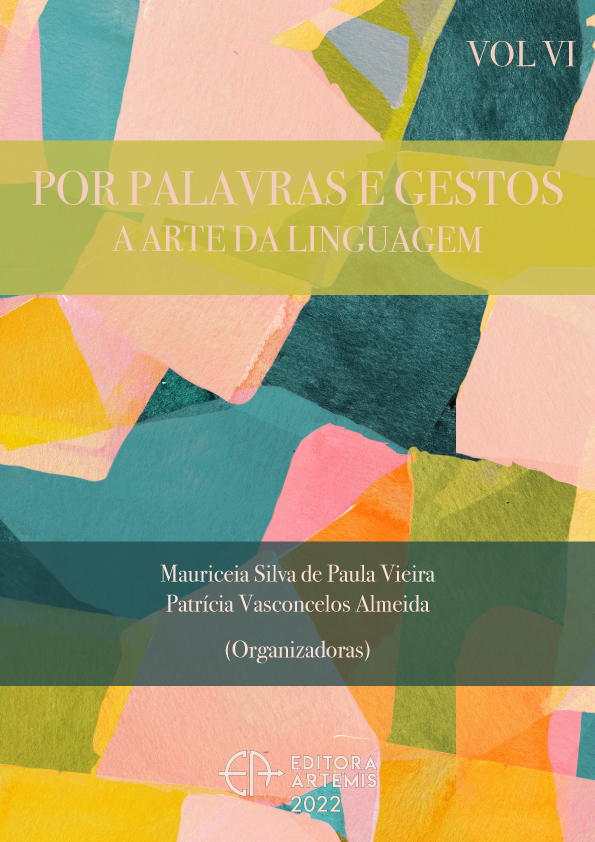
A CONSTRUÇÃO DO ETHOS NO DISCURSO DE TOMADA DE POSSE DE JAIR BOLSONARO (2019): AS MARCAS DO CONSERVADORISMO, DO POPULISMO E DO AUTORITARISMO TRADUZIDAS PELA LINGUAGEM
Este trabalho está assente numa análise do discurso de tomada de posse do presidente brasileiro Jair Messias Bolsonaro, da ocasião das eleições de 2018. No âmbito de uma abordagem de revisão bibliográfica com o método da Análise do Discurso (Charaudeau, 2015; Orlandi, 2009) é nosso objetivo aferir a construção do ethos do ator político em questão, de modo a verificar como a conquista do poder percorre uma deliberada produção da linguagem com o escopo de seduzir o outro por meio de um “princípio de influência”, tendo em conta a “identidade social” e a “identidade discursiva” que, na verdade, “fusionam-se no ethos” (Charaudeau, 2015; 2009). Isso posto, trouxemos para discussão as marcas ideológico-políticas do “conservadorismo” (Chaia, 2018; Almeida, 2009; Nicolau, 2020), do “populismo” (Müller, 2017; Prior, no prelo) e do “autoritarismo” (Bobbio, 1998; Schwarcz, 2019), percebendo como o fenômeno Jair Bolsonaro assume uma forma personalista de lidar com o Estado.
A CONSTRUÇÃO DO ETHOS NO DISCURSO DE TOMADA DE POSSE DE JAIR BOLSONARO (2019): AS MARCAS DO CONSERVADORISMO, DO POPULISMO E DO AUTORITARISMO TRADUZIDAS PELA LINGUAGEM
-
DOI: 10.37572/EdArt_25082261311
-
Palavras-chave: Ethos, Linguagem, Conservadorismo, Populismo e autoritarismo
-
Keywords: Ethos, Language, Conservatism, Populism and Authoritarianism
-
Abstract:
This work is based on an analysis of the inauguration speech of Brazilian President Jair Messias Bolsonaro, on the occasion of the 2018 elections. It is our objective to assess the construction of the ethos of the political actor in question, in order to verify how the conquest of power involves a deliberate production of language with the aim of seducing the other through a “principle of influence”, taking into account the “social identity” and “discursive identity” which, in fact, “merge in the ethos” (Charaudeau, 2015; 2009). That said, we brought to the discussion the ideological-political marks of “conservatism” (Chaia, 2018; Almeida, 2009; Nicolau, 2020), of “populism” (Müller, 2017; Prior, in press) and of “authoritarianism” (Bobbio, 1998; Schwarcz, 2019), realizing how the phenomenon Jair Bolsonaro assumes a personalistic way of dealing with the State.
-
Número de páginas: 26
- Dayse Alfaia

